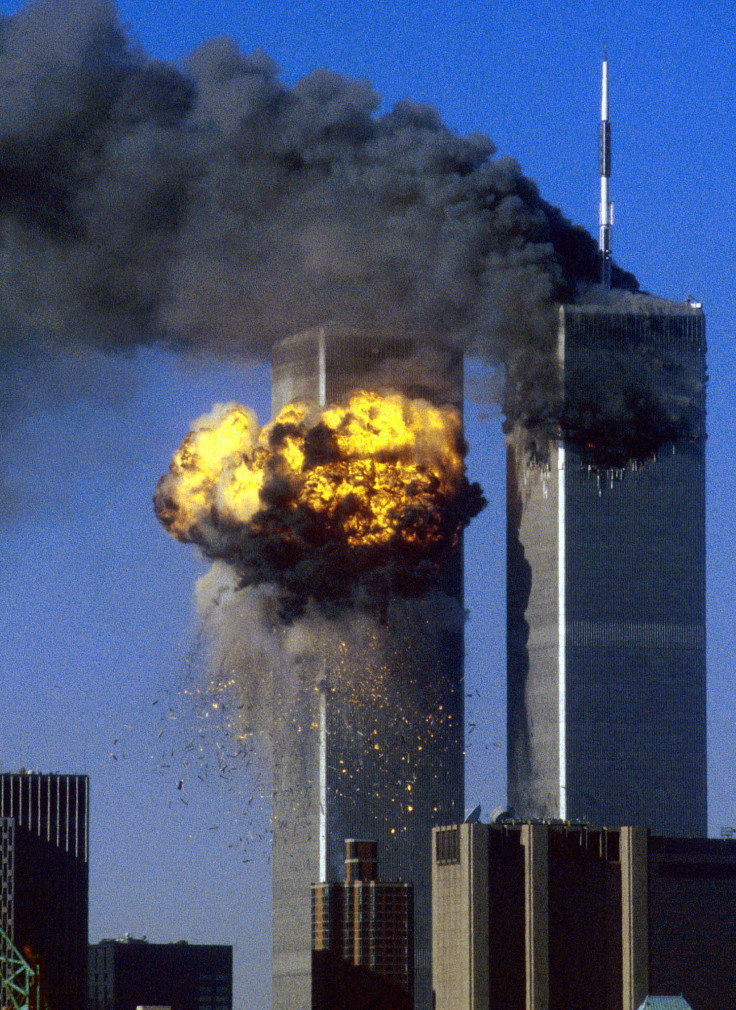Saudi Arabia’s Bid To Terminate 9/11 Lawsuits Squashed By US Judge

A United States judge Wednesday rejected Saudi Arabia’s attempt to terminate lawsuits that alleged the kingdom helped plan the Sept. 11, 2001 attacks.
In 2003, hundreds of survivors, victims’ relatives and corporations sued Saudi Arabia, claiming they assisted the hijackers who crashed into New York’s World Trade Center, the Pentagon outside Washington D.C., and a field in Pennsylvania. Of the 19 attackers, 15 were Saudi Arabians.
District Judge George Daniels said Wednesday, while dismissing the motion, the plaintiff’s claims met the necessary conditions for the court to affirm jurisdiction over Saudi Arabia under the Justice Against Sponsors of Terrorism Act (JASTA), 2016.
“Neither the 9/11 Commission Report, nor any other governmental report, adequately and specifically refutes plaintiffs’ allegations,” Daniels mentioned in the ruling.
The kingdom has vehemently denied its involvement in the coordinated attacks, which led to the death of nearly 3,000 people and loss of $10 billion in property damage.
The Wednesday ruling marks the first time the survivors and relatives have been able to make sure the Middle Eastern country is examined for its role in the terror attacks.
Terming it a “historic day for the families,” Sean Carter, the attorney for the plaintiffs, said, “The families have been trying for many years to have an opportunity for the Saudi government to answer on the merits.”
Saudi Arabia has enjoyed broad immunity for long as far as the Sept. 11 attacks were concerned. This changed in 2016 when the Congress allowed such cases to proceed under JASTA, in spite of then President Barack Obama’s vetoing the act. Obama had then claimed the law might expose U.S firms, troops as well as officials to lawsuits in other countries.
Judge Daniels said the plaintiffs could try to prove Saudi Arabia was responsible for the activities of Fahad al Thumairy, who was an imam at a mosque in California, and Omar al Bayoumi, who claimed to be an intelligence officer.
“According to Plaintiffs, Thumairy was responsible for orchestrating the U.S.-based support network for two of the 9/ll hijackers, Nawaf al Hazmi and Khalid al Mihdhar, upon their arrival in the United States in January 2000, at the direction of an unnamed senior Saudi official based in the Saudi Embassy in Washington, D.C.,” the ruling stated.
The court documents also mentioned Bayoumi assisted Hazmi and Mihdhar in finding an apartment, paying their rents, finding them flight schools, etc.
Saudi Arabia had earlier claimed plaintiffs could not mention any Saudi employee or official assisted or carried out the attacks.
For the victims and their relatives, the ruling comes as a relief. Widow Terry Strada, whose husband died inside the World Trade Center, said, “Wow, JASTA works.”
“I’ve never had that experience in my life ever,” Strada said in a phone interview to Courthouse News.
Strada, who heads the group 9/11 Families & Survivors United for Justice Against Terrorism, has been fighting to conduct investigations into Saudi ties since 2002.
© Copyright IBTimes 2024. All rights reserved.











